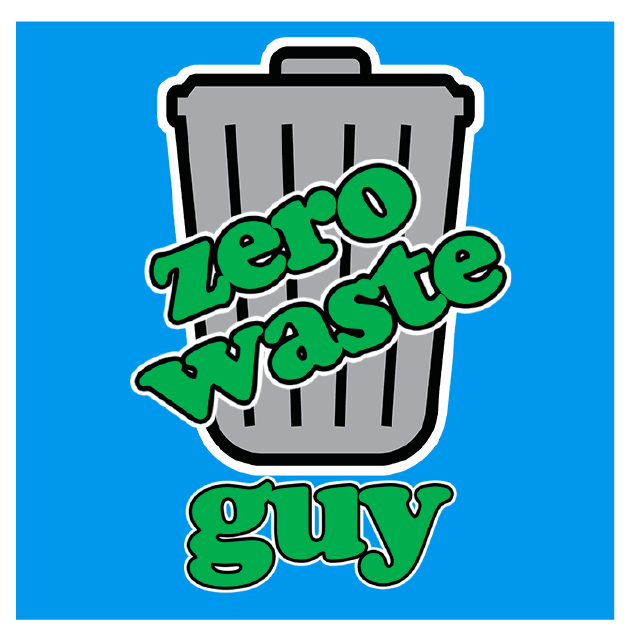It seems to be human nature to look outside ourselves for the answers to our problems. Pray for rain. Do a rain dance. Hope for the best. California has been in a severe drought for more than four years. We can no longer hope it will work itself out. We must rise up and take steps in our lives to be the change that we wish to see. Or, we can hedge our bets with this mantra: El Niño for President!
Niño will have on the drought. It is estimated that 80% of the rain that touches Los Angeles’ parched earth flows via our aqueduct-like rivers directly to the ocean. Eighty percent! To put that into perspective, for every one glass of water you drink, pour four glasses down the drain!
Full reservoirs are great, obviously, because they store the water that we need immediately. They fluctuate based on rainfall and demand, which help us keep a consistent stream, if you will, to our homes. Think of a reservoir as a rechargeable battery; it provides water when you need it, but is really a very small part of a much larger network.
We need snow more than rain. The Sierra Nevada snowpack accounts for about 25% of California’s water source. The media keeps bragging that the snowpack is at 140% of its normal level at this time of year. Honestly, who cares? I sure don’t. Rather than talking about that now, let’s wait until April, once all the snow has fallen for the year to see if that number holds up. Also, what about ground water? The media doesn’t talk about that either.
I heard a story on NPR recently about a guy who drills water wells in California’s Central Valley. At the time of the story he had a waitlist of more than a year for his service. Until recently, the typical well was only 500 feet deep. Now, he is digging more than 2000 feet below the surface to find water for his clients. Two thousand feet! He had to buy equipment from a company that drills oil wells, because he did not have what he needed to drill to that depth.
Since have depleted our groundwater supply to deeper than 500 feet, we must dig deeper to find water. The problem with doing this is that our once saturated water table is drying up. Once the earth dries and hardens, it makes it difficult if not impossible for water to permeate the table.
It is hard for us to grasp the impact of what we cannot see. Water and drought make for the perfect example. If El Niño comes to fruition and we have days and days of rain, the media will report that the drought is over. But what about that ground water that has such a profound impact on our environment too?
Whenever there is the question of what you (or me) can do right now to have the greatest impact, my answer will always be the same: reduceyour consumption. There are easy steps to take, like installing a low-flow shower head or sink aerator, and some that are much more difficult, like giving up meat (it takes massive amounts of water to raise livestock). Personally, I am of the opinion that water, at least in California, is too cheap. We use it like it is an unlimited resource.
Southern California’s population is expected to swell well into the middle of this century. If we are unable to manage our water now, how will we do so when there are five or 10 million more people in the State?
Jonathan Levy is a lifestyle blogger and zero waste supply chain consultant. We live in a world of social media overload. Stay connected to the content that matters the most to you by subscribing to this blog by entering your email address below.
Enter your email address to subscribe:
Delivered by FeedBurner

We've been getting lots of rain and snow, but the drought is not over yet. 🙁 I'm so mad because my water company is switching from 35% usage & 65% fixed to a 15% usage and an 85% fixed. What is the incentive to use less water if you're paying the same rate!? We should be incentivizing the use of less water. We actually ripped up our grass this summer to for a more water friendly yard, but after it rained the first time – it grew back!
Ugh. I agree that we need to provide incentives for conservation. It sounds like your water district is going in the wrong direction.
This is a huge problem with apartment complexes and older buildings, where water is included in your rent. In those situations there is NO incentive to conserve. I wouldn't be surprised if it was property managers that lobbied for that rule, since they pay the water out of pocket.
Thanks for your comment, Kathryn!